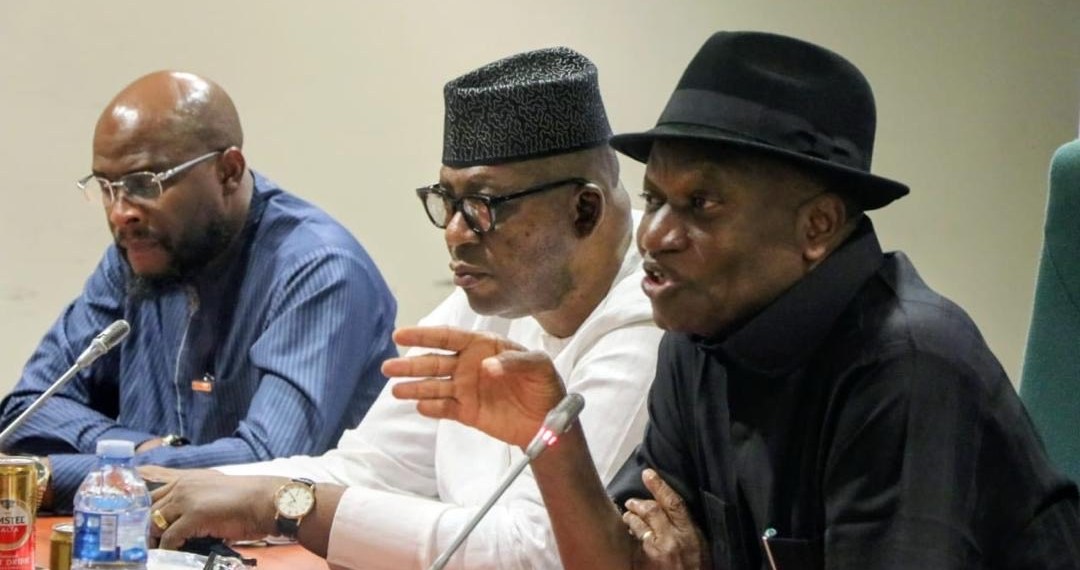588
By Tracy Moses
The House of Representatives’ Ad-hoc Committee on the Implementation and Oversight of the Naira-for-Crude-Oil Policy has urged the Economic and Financial Crimes Commission (EFCC) to furnish comprehensive details of crude oil seizures, sales, and disposal conducted under its supervision.
Chairman of the committee, Emerengwa Boniface Sunday, gave the directive during the continuation of the investigative hearing on the Naira-for-Crude-Oil policy in Abuja on Wednesday.
The Naira-for-Crude initiative, which was launched in 2024, is designed to stabilize the naira, boost domestic refinery operations, and reduce pressure on Nigeria’s foreign exchange reserves.
At the hearing, Francis Usani, Special Adviser to the EFCC Chairman on Regulatory Compliance, told lawmakers that the Commission’s earlier submissions covered only information from referrals received between 2003 and the present, including crude oil seizures previously handled by the EFCC.
He admitted that no direct investigations had been conducted specifically under the Naira-for-Crude policy.
Usani stated: “The main purpose of this hearing was to examine investigations under the Naira-for-Crude policy, which officially began this year. To date, the EFCC has not carried out any probes directly linked to this policy.
“Nonetheless, we compiled certain transactions from referrals into the document submitted to the committee. Our report was intended to be comprehensive and not solely limited to Naira-for-Crude transactions.”
However, committee members questioned the thoroughness of the EFCC’s submission.
Rep. Muhammed Bello Shehu pointed out that the tables provided contained blank fields for the volume and grade of crude seized. He also pressed the Commission on why it had not proactively investigated Naira-for-Crude dealings, emphasizing that the policy was meant to ease operations for local refineries and safeguard the naira.
He remarked: “The submitted documents, including evidence of payments, require clarification on how the amounts remitted to the EFCC were calculated. The columns for crude volume and grade show ‘nil, nil,’ yet there should be clear records of the value of what was seized.
“This report must be revised so it can stand on its own, even in your absence. At present, it is incomplete.”
Shehu further stated that the limited submissions raised wider concerns.
“It is surprising that the nation’s anti-graft agency has not investigated the Naira-for-Crude policy, a key government initiative aimed at supporting domestic refineries and reducing pressure on the naira and dollar. Nigerians deserve transparency on these operations,” he said.
In response, the EFCC representative clarified that the Commission primarily handles crude oil seizures and not refined products, but promised to revisit the submission to provide detailed information, including quantities seized, disposal procedures, end users, and whether transactions were conducted in naira or dollars.
The hearing was subsequently adjourned to December 4, 2025.
Earlier, the committee chairman reiterated that the investigation is part of lawmakers’ constitutional mandate to ensure accountability and transparency in implementing the Naira-for-Crude policy. He emphasized that the probe is not targeted at any individual or organization but is aimed at strengthening Nigeria’s economic system.



